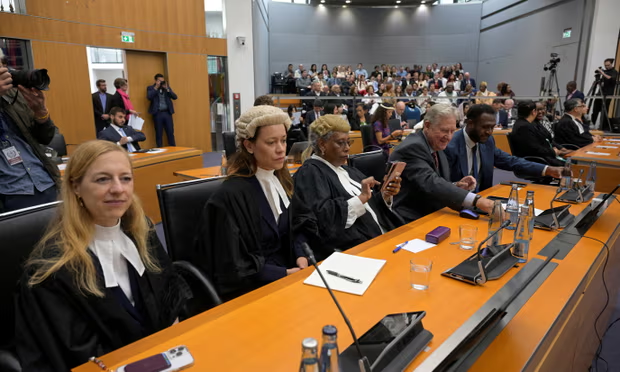An international court has stated in a landmark moment for climate justice that Greenhouse gases are pollutants that are wrecking the marine environment and that states have a legal responsibility to control them.
The court also decided that wealthy nations must cut their emissions faster than their developing peers. The statements were part of an advisory opinion on climate change issued on Tuesday by the international tribunal for the law of the sea (Itlos). The tribunal is responsible for interpreting and upholding the 1982 UN convention on the law of the sea (Unclos), an international treaty representing 169 countries.
According to findings, this is the first time such a document has been issued by an international court.
Eselealofa Apinelu, who is the attorney general of Tuvalu, said it was a historic moment for small island states in their quest for climate justice. “It is an important first step in holding the major polluters accountable for the sake of all humankind.”
Read also: Report finds top oil firms’ climate pledges failing on almost every metric
The opinion was requested by the Commission of Small Island States on Climate Change and International Law (Cosis), a group of nine Caribbean and Pacific island nations led by Antigua and Barbuda and Tuvalu, who are particularly vulnerable to climate breakdown and had become frustrated with the pace of international talks.
In its unanimous opinion, the tribunal stated that the oceans are warming and becoming more acidic as a direct result of carbon dioxide emitted from human activities, resulting in harm to living resources and marine life, hazards to human health and hindrance to marine activities such as fishing.
Although Unclos does not specifically refer to climate change, the tribunal concludes that anthropogenic greenhouse gases are clearly a form of pollution, and states that have signed the convention are therefore legally required to prevent, reduce and control it “by all means necessary”.
In their submissions to the tribunal, most countries accepted that greenhouse gases were a form of pollution, but they disagreed on how exactly governments should have to respond to that threat.
Story was adapted from the Guardian.
